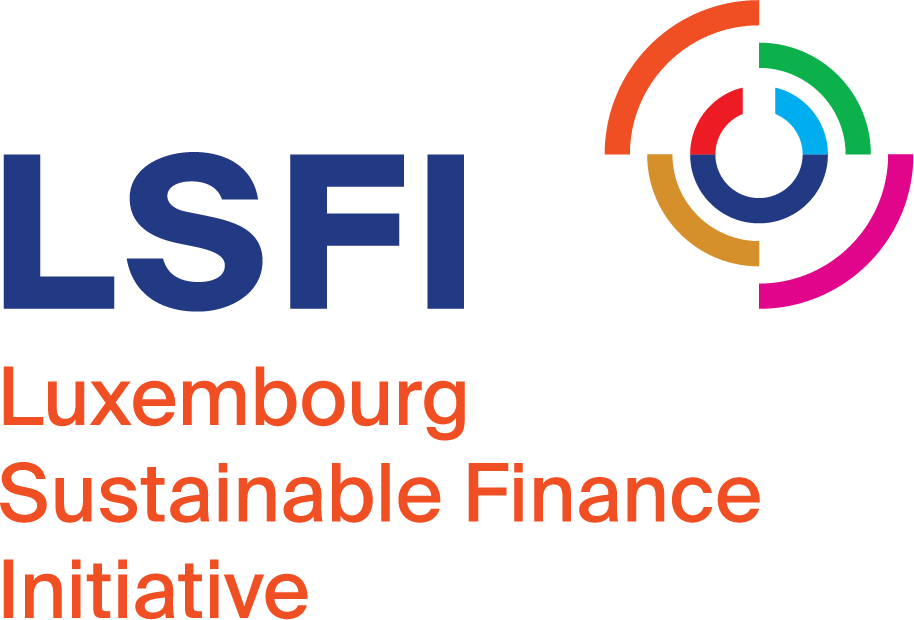Markets in Financial Instruments Directive II (MiFID II)
The Markets in Financial Instruments Directive (MiFID II – Directive 2014/65/EU) is a Directive introduced by the European Commission to regulate and foster fair, transparent and efficient financial markets in the EU and to improve investor protection. Its rules are intended to boost trust and confidence in the financial industry while promoting the development of well-functioning and interconnected European capital markets.
MiFID II imposes a series of measures, which include:
- The suitability assessment: when providing any type of investment advice and portfolio management services, investment firms shall assess whether any given investment is suitable for their clients, based on the clients’ characteristics (e.g., knowledge and experience, loss-bearing capability, investment objectives);
- Greater transaction transparency: MiFID II strengthens the requirements regarding the “appropriate information” that an investment firm must provide in good time to its clients.
In April 2021, the EU adopted the Delegated Regulation (EU) 2021/1253 to further strengthen sustainability ambitions, which expands the existing MiFID II suitability assessment to include clients’ “sustainability preferences”.
Article 1 of this Delegated Regulation defines “sustainability preferences” as a client’s choice to invest in financial instruments that:
- Pursue a minimum proportion of environmentally sustainable investments as defined by the EU Taxonomy Regulation (EU Taxonomy); and/or;
- Pursue a minimum proportion of sustainable investments as defined in Article 2, point 17 of the Sustainable Finance Disclosure Regulation (SFDR); and/or;
- Consider Principal Adverse Impacts (PAIs) on sustainability factors.
Following the amendments to the MiFID II, the European Securities and Market Authority (ESMA) updated the Guidelines on MiFID II suitability requirements (“Guidelines on certain aspects of the MiFID II suitability requirements”, the “Guidelines”), which provide guidance to financial firms in scope of MiFID II on the application of certain aspects of the MiFID II suitability requirements.
The suitability assessment is one of the most important requirements for investor protection in the MiFID II framework.
The introduction of investor sustainability preferences to the existing MiFID II suitability assessment aims to raise investors’ awareness of financial products that incorporate sustainability topics.
In addition, it also aims at giving financial firms in scope of MiFID II the advantage of selecting more appropriate financial products for their clients, considering their sustainability preferences.
MiFID II applies to investment firms, market operators, and third-country firms providing investment services or performing investment activities through the establishment of a branch in the EU. The Delegated Regulation (EU) 2021/1253 specifically applies to investment firms that provide investment advice and/or portfolio management services in the EU.
To comply with the Delegated Regulation (EU) 2021/1253, those firms are required to consider clients’ sustainability preferences when assessing the suitability of a financial instrument. In other words, investment firms must update their MiFID II questionnaire, which they use to evaluate clients’ understanding and experience in financial investments, their financial situation, and investment objectives. They should also include questions to asssess clients’ preferences regarding sustainability.
The Delegated Regulation 2021/1253 impacts investment firms that provide investment advice and/or portfolio management services in the EU. They must assess the sustainability preferences of their clients in addition to the traditional suitability assessment.
The additional requirements significantly impact the firms’ IT systems, internal processes, and procedures. In particular, investment firms must update their suitability questionnaire to collect and assess clients’ sustainability preferences. They must also amend their internal procedures to consider the sustainability preferences in the selection process of the financial instruments being offered to clients.
The introduction of sustainability preferences led to the following main updates to the European Securities and Markets Authority (ESMA) Guidelines:
- Information to clients on sustainability preferences: Investment firms will need to help clients understand the concept of sustainability preferences and explain the difference between products with and without sustainability features in a clear manner avoiding technical language;
- Collection of information from clients on sustainability preferences: Investment firms will need to collect information from clients on their preferences about the different types of sustainable investment products and to what extent they want to invest in these products;
- Assessment of sustainability preferences: Once an investment firm has identified a range of suitable products for a client, following the criteria of knowledge and experience, financial situation, and other investment objectives, the firm shall identify the product(s) that fulfil the client’s sustainability preferences;
- Organisational requirements: Investment firms will need to give staff appropriate training on sustainability topics and keep appropriate records of the sustainability preferences of the client (if any) and any updates of these preferences.
In its Guidelines, ESMA specifies that a failure to meet a client’s sustainability preferences is not a blocking issue. Instead, it should be understood as a recommendation. Buying or selling a financial instrument may still be treated as suitable if the financial criteria (knowledge and experience, financial situation and investment objective) are met, and the client “adapts” the underlying preferences for that individual transaction.
The introduction of sustainability preferences is closely linked to the EU Taxonomy and the Sustainable Finance Disclosure Regulation (SFDR). Specifically, Article 1 of the Delegated Regulation 2021/1253 while introducing the concept of sustainability preferences, includes the options to express a minimum proportion of investments that:
- Are aligned with the EU Taxonomy;
- Are aligned with the requirements of article 2, point 17 of the SFDR;
- Consider the PAIs, which are introduced by the SFDR Regulatory Technical Standards.
Visit the EU Taxonomy section and the SFDR section for further information.
Circular CSSF 23/835 – Application of the Guidelines of the European Securities and Markets Authority on certain aspects of the MiFID II suitability requirements
The purpose of this circular is to inform that the CSSF, in its capacity as competent authority, will apply the Guidelines of the ESMA on certain aspects of the MiFID II suitability requirements from 3 October 2023 onwards.
- 03 January 2018: Application of MiFID II (Directive 2014/65/EU);
- 02 August 2021: Publication of the Delegated Act 2021/1253 integrating sustainability preferences in the Official Journal of the European Union;
- 02 August 2022: Application of the Delegated Act 2021/1253 integrating sustainability preferences;
- 03 October 2023: Application of ESMA’s update of two sets of guidelines on suitability and product governance.
As part of the EU Sustainable Finance Action Plan released on 8 March 2018, the European Commission announced the intention that investment firms should incorporate sustainability factors as part of their duties towards clients and potential clients when providing financial advice and portfolio management services.
- 21 April 2021: Adoption of the Delegated Act 2021/1253;
- 02 August 2021: Publication of the Delegated Act 2021/1253 in the Official Journal of the European Union;
- 22 August 2021: Entry into force of the Delegated Act 2021/1253;
- 02 August 2022: Application of the Delegated Act 2021/1253;
- 03 October 2023: Application of ESMA’s update of two sets of guidelines on suitability and product governance;
- 03 October 2023: ESMA announced that it will launch a common supervisory action (“CSA”) with national competent authorities (“NCAs”) on the integration of sustainability in credit institutions as well as investment firms’ MiFID 2 suitability assessment and product governance processes and procedures in 2024.
- 29 September 2025: ESMA actively implemented the MiFID II/MiFIR review, with the transposition deadline for MiFID II amendments set for 29 September 2025, and is developing supporting Level 2 measures to ensure a smooth transition to the revised regulatory framework. ESMA published a transition statement on the 10
- 04 December 2025: Publication of a legislative proposal under ESMA market integration package to update MiFID II rules on investment services and regulated markets., with the aim to streamline cross-border investment services, enhance transparency in trading venues, and align MiFID II with broader EU market integration objectives.
Currently, there is no consultation open or pending.
- MiFID II – Directive 2014/65/EU of the European Parliament and of the Council of 15 May 2014 on markets in financial instruments
- Commission Delegated Regulation (EU) 2021/1253 of 21 April 2021 amending Delegated Regulation (EU) 2017/565 as regards the integration of sustainability factors, risks and preferences
- ESMA final report “Guidelines on certain aspects of the MiFID II suitability requirements”
- ESMA final report “Guidelines on MiFID II product governance requirements”
- CSSF communicates on ESMA’s announced launch of CSA on MiFID 2 sustainability requirements
- Application of the Guidelines of the European Securities and Markets Authority on certain aspects of the MiFID II suitability requirements
- Transition for the application of the MiFID II/MiFIR review – No.2
- MiFID II – Market Integration Package

